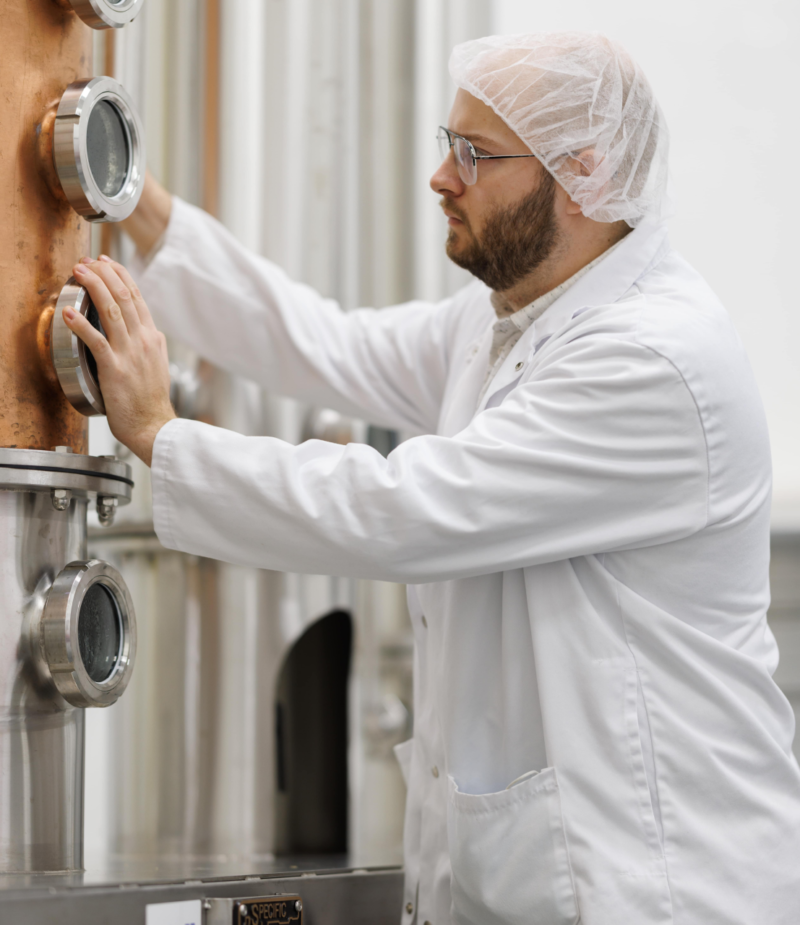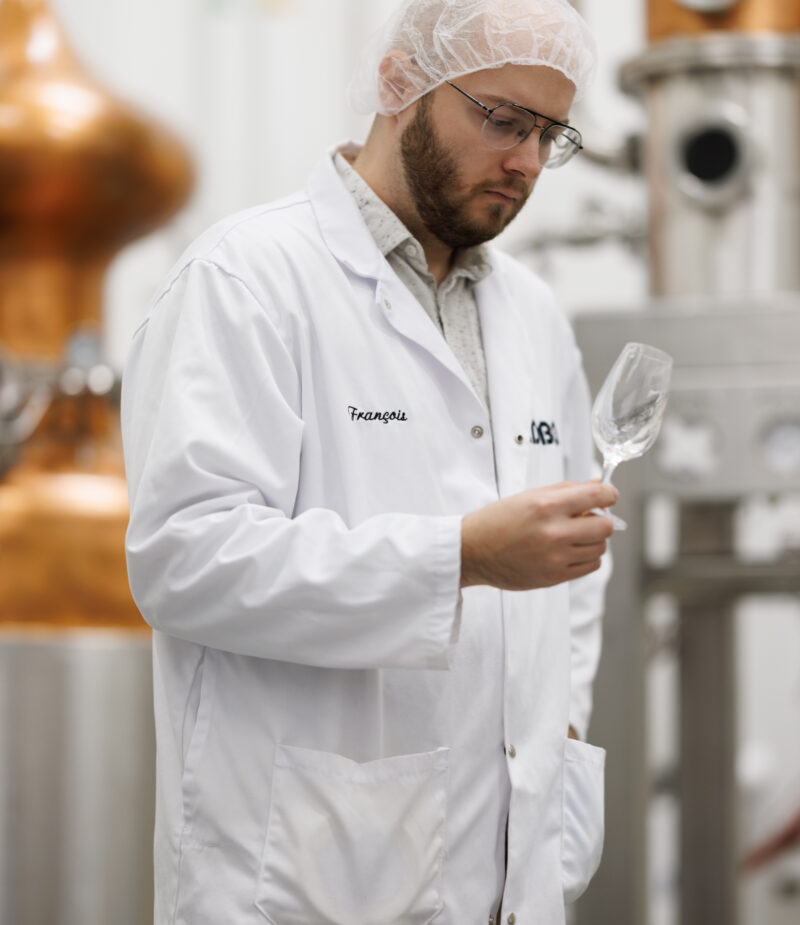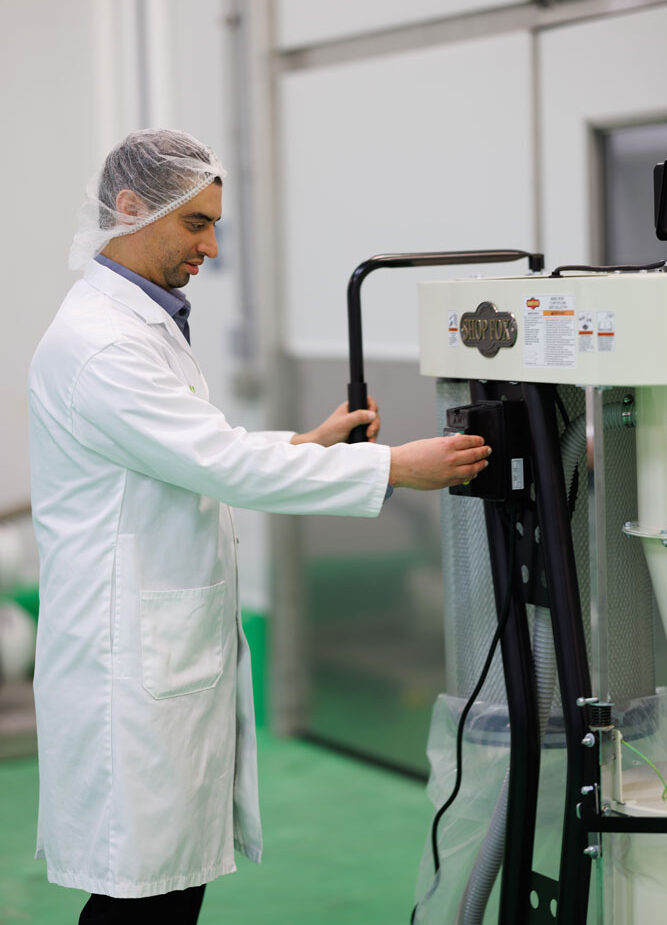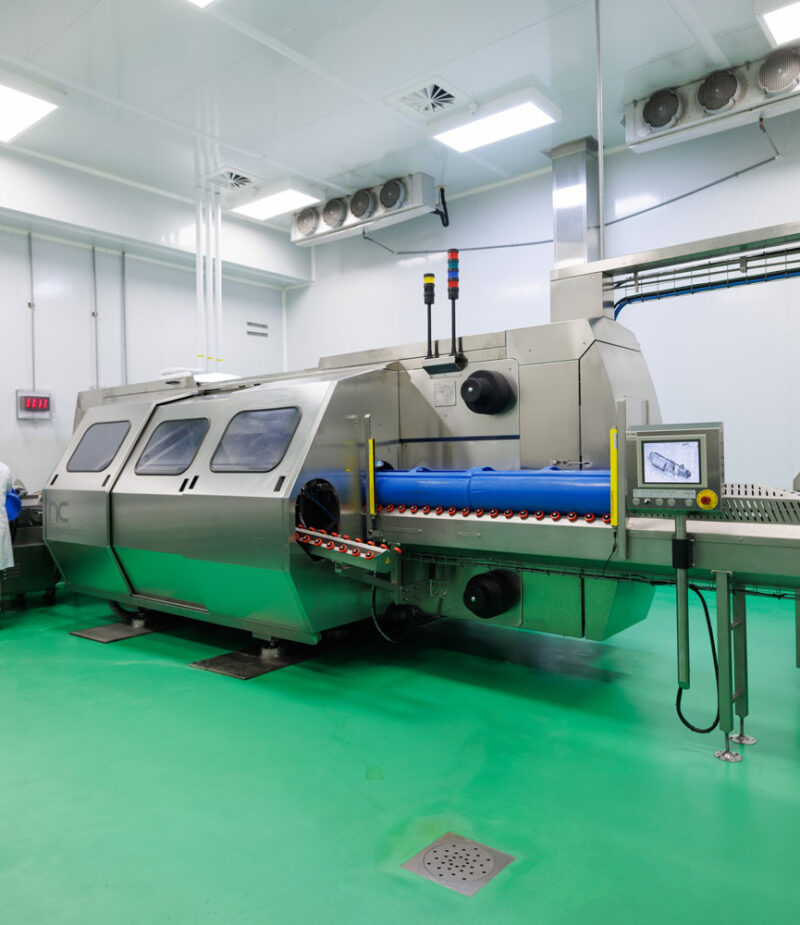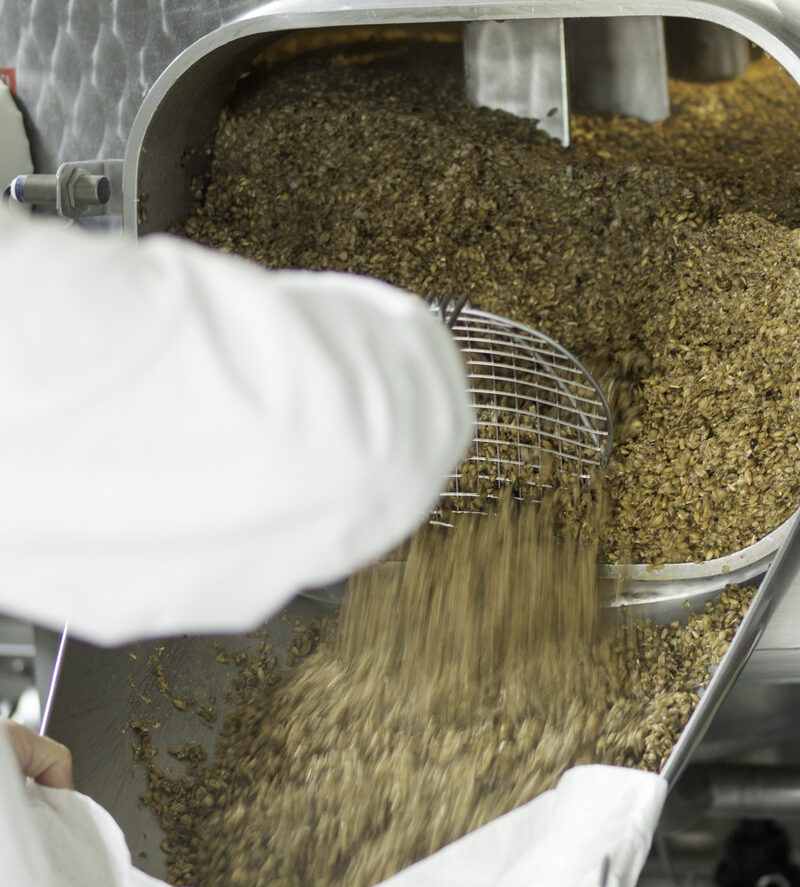Innovation starts with creativity and ingenuity
Because quality products and services are no longer enough, companies and entrepreneurs must find ways to stand out and offer added value to consumers. So, how can a company go further in product development? Change and innovation are the keys to success! Our team members have the necessary skills, experience, and network to support food processing companies and entrepreneurs in realizing their innovation projects. Our goal is to exceed your expectations, while supporting your goals and respecting your priorities.
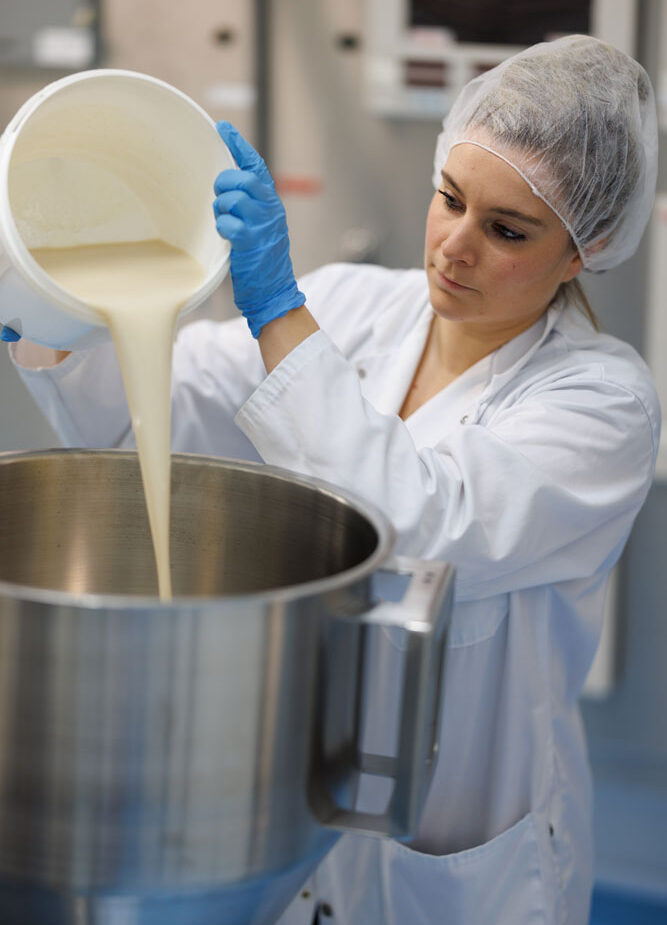
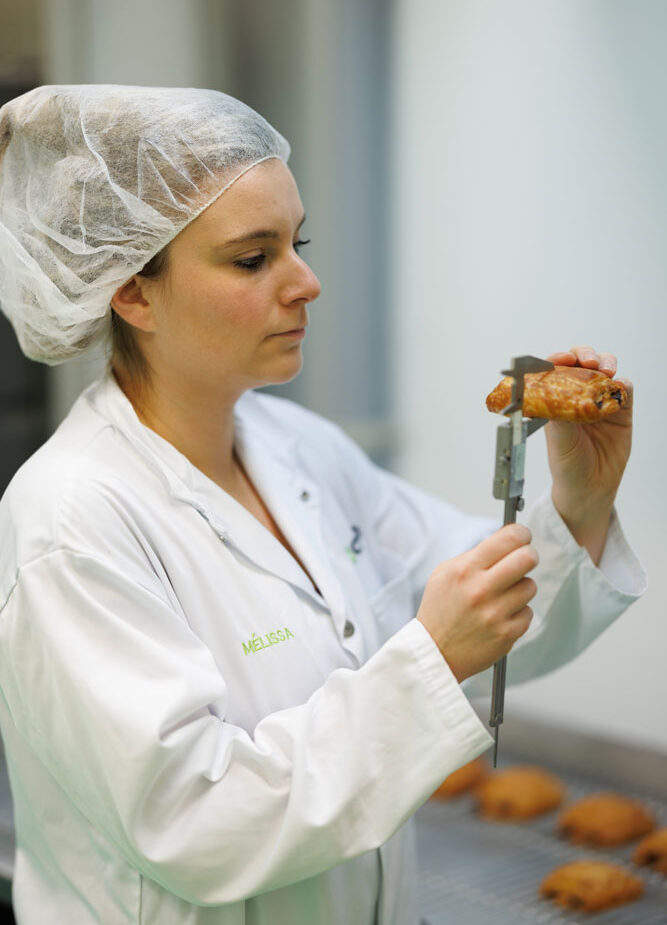
No matter the nature of your project, we’re up to the challenge!
Our food processing sector includes all activities related to research and development, problem-solving, and the health and eco-responsible shift in the dairy, meat, marine, plant, bakery, and maple syrup sectors. We have expertise with:
Dairy products: milk, yogurt, cheese, ice cream. We carry out projects with dairy proteins and vegetable proteins.
Vegetable and bakery products: juices, beverages, energy drinks, nutraceuticals, breads, pastries, crackers, pasta with and without gluten, granola bars, etc. The following products, amongst others, can be added as agrifood co-products: spent grains fibers from microbreweries, insect proteins, etc.
Meat and marine products: terrines, merrines, rillettes, jerky, sausages, smoked meats, etc. We also formulate vegan versions!
Maple products: Maple butter, confectionery, maple flakes, maple sap, maple alcohol, fine products.
Our accreditations at the service of innovation
In addition to the team’s expertise, the CDBQ has a biofood incubator with extensive equipment, laboratories and pilot plants covering all food processing specialties. The CDBQ also holds several provincial permits allowing it to carry out research activities in these different food sectors while ensuring compliance with the standards, laws, and regulations in force.
- License to operate a dairy plant
- Meat preparation license (C-1)
- Permit to prepare marine products (FC)
